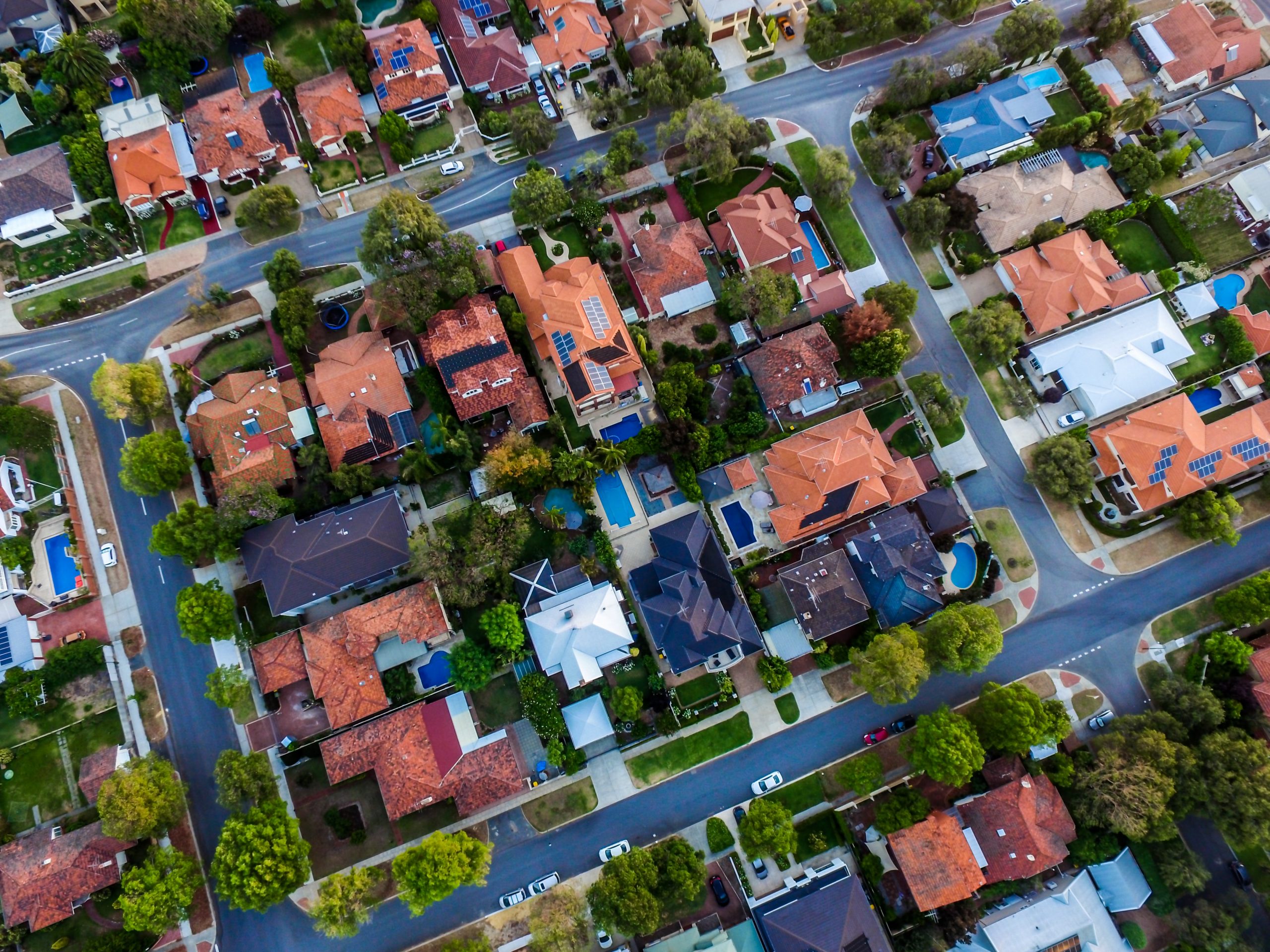
When you buy a property in the USA, you can often have a say on the duration of your mortgage. The two most popular mortgage duration terms in America are for 15 and 30 years.
Thirty-year mortgages are considered the gold standard and are the prime choice for most first-time homeowners. But recently, 15-year mortgage terms have started to gain popularity among homeowners – especially amongst high earners.
Both 15 and 30-year mortgages have their own set of benefits and downsides. For that reason, it is important to know which mortgage is right for you as making the wrong decision will leave you with pretty severe long-term consequences. At the end of the day, it’s best to talk to a mortgage broker like Breezeful to help you make the right decision.
What is a mortgage?
A mortgage is a loan borrowed from a lender (usually a bank) that allows the buyer to purchase a property. In a mortgage, there are two main components: principal and interest. Principal refers to the total amount of the loan, while the interest refers to the additional amount the lender will charge for the privilege of borrowing the money.
On top of those two components, other factors to consider are the term of your mortgage and the annual percentage rate (APR). A mortgage term is how long you’ll be paying off the mortgage while the APR assesses the total cost of the loan – taking interest rate and other fees into account.
When it comes to repaying your mortgage, your monthly instalments will be heavily influenced by the mortgage term, amount of money you borrowed, interest rate, and more.
What are the differences between 15-year vs. 30-year mortgage?
In a 15-year mortgage, the main disadvantage is that you will pay much higher monthly instalments. This is because you will need to repay the loan quicker (within 15 years).
The main benefit of a 15-year loan is that you will pay a lot less money in interest, the additional money the bank charges every month for lending you the money.
On the flip side, on a 30-year mortgage you can expect lower monthly payments, but the interest will be a lot higher.
When to get a 15-year mortgage?
Fifteen-year mortgages are best for individuals who have a larger down payment and are either borrowing a smaller loan or have a very high-paying job (provided you want to take a 15-year mortgage on a larger sum of money).
On a 15-year mortgage, you will be paying a lot less interest on your loan.
Advantages of a 15-year mortgage:
- Lower interest rates
- Shorter timeframe forces you to repay your loan quicker
Disadvantages of a 15-year mortgage:
- Higher monthly payments
- Less money goes into savings or retirement
- Can’t borrow as much money
When to get a 30-year mortgage?
The monthly payments on a 30-year mortgage will be much lower, and you might be able to get more end-of-year tax benefits, which will ultimately save you money on your tax bill. Luckily, regardless of the state that you live in, you can take advantage of those benefits. On the downside, because long-term loans are riskier than short-term loans and cost banks more, 30-year mortgages usually have higher interest rates.
Advantages of a 30-year mortgage:
- More tax benefits
- Lower monthly payment
Disadvantages of a 30-year mortgage:
- Higher interest rates
- Subsequently, you end up paying more in the long run
Can I get the best of both worlds?
If you decide to go for a 30-year mortgage, that doesn’t automatically mean that you will have to repay the loan and the interest back in 30 years. If you start making more money during your mortgage term, you can start throwing your extra income at your loan.
By paying off the loan sooner, you can reduce your mortgage term and subsequently the interest on the loan.
Getting a mortgage is a great way of buying a home without having all of the capital upfront. On top of that, getting a mortgage will also mean that you can save a lot of money on your end-of-year tax returns. While borrowing money from a lender means you will have to pay interest on your loan, you have a lot of flexibility in regards to the type and the duration of the mortgage that you want to get depending on your current circumstances.
Leave a Reply